Category: Work Abroad
-
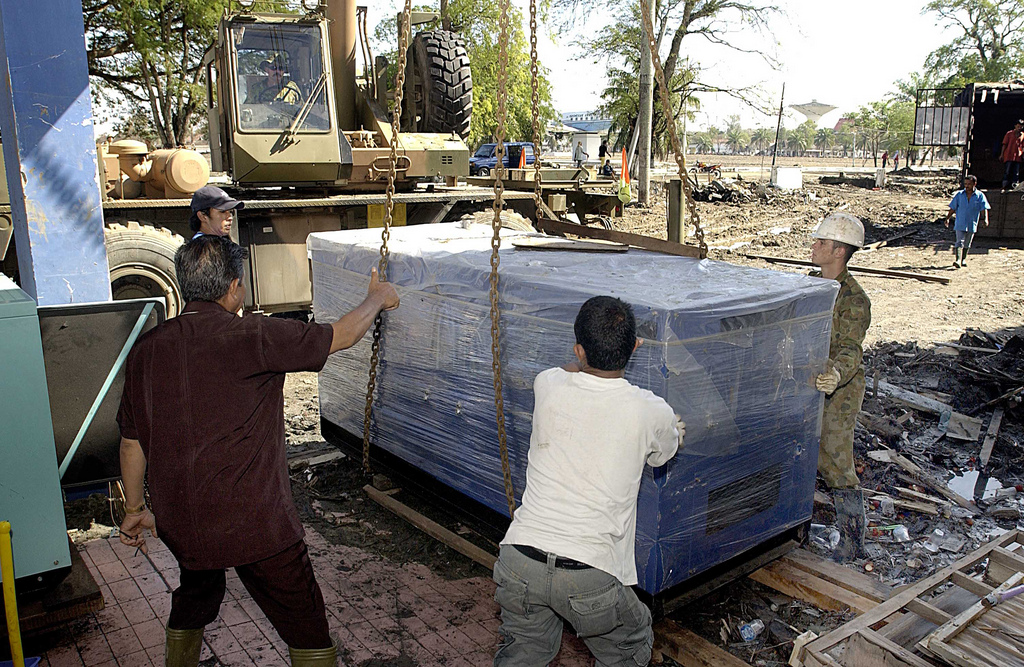
Highly skilled jobs grow in NZ
•
About jobs in New Zealand, there’s some good news. While the unemployment rate continues to remain high, those employed are working in highly-skilled jobs. There are more highly-skilled jobs and fewer lower-skills jobs than three years ago. More New Zealand employees are working in highly skilled jobs than in any…
-

OZ immigration attends mining expo
•
With the declining popularity of mining jobs in Australia, the Australian immigration officers have decided to attend at the upcoming Xstrata mining expo in Mt Isa from April 30 to May 2. The immigration staff will provide information on employer-sponsored skilled migration options and explain new laws and penalties for…
-

Name, skin colour, accent affect job opps – Amail Habib
•
“Your name, skin colour and accent do affect your employment opportunities,†says Amail Habib, deputy chair of the Auckland Ethnic Peoples Advisory Panel. Habib in inviting Aucklanders from ethnic as well as mainstream communities to join in a conversation about racism. The Panel of the Auckland Council is hosting a…
-

Canada launches online tool for new migrants
•
Canada has launched a new guide and web tool to help newcomers settle and integrate in the country. Citizenship and Immigration Canada’s new publication, Welcome to Canada, will assist immigrants in preparing to come to Canada and to help them navigate their way during their first months. “The new edition…
-
Murdoch calls Australia’s visa restrictions “racist”
•
Australia-born media owner Rupert Murdoch has strongly condemned Australia’s new 457-visa rules for foreign workers. Rupert says the language the government uses is “disgraceful and racist,†referring to 457-class laws that guide how employers should hire skilled staff, reported Agence France-Presse. The 21 percent growth in the number of 457…
-
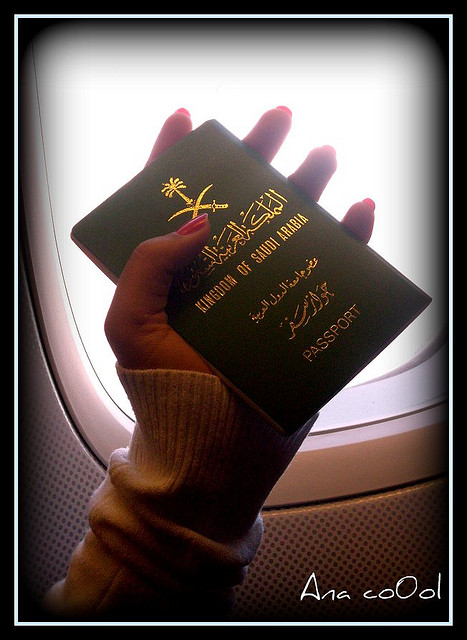
New Saudi law to affect Indians
•
Saudi Arabia’s attempts to secure employment for locals is likely to affect Indian workers – the largest group of foreign nationals working in the United Arab Emirates (UAE). The Kingdom’s attempt to protect jobs for its nationals is driven by this high unemployment rate. The Kingdom has a very high unemployment…
-

Paulini to become Aussie
•
Fijian-born singer Paulini is taking up Australian citizenship tomorrow at a special ceremony in Canberra coinciding with Australia’s Harmony Day. “Australian citizens come from across the globe and my story is no different,†says Paulini. “I moved here from Fiji when I was four-years-old.†“I am so excited to be…
-
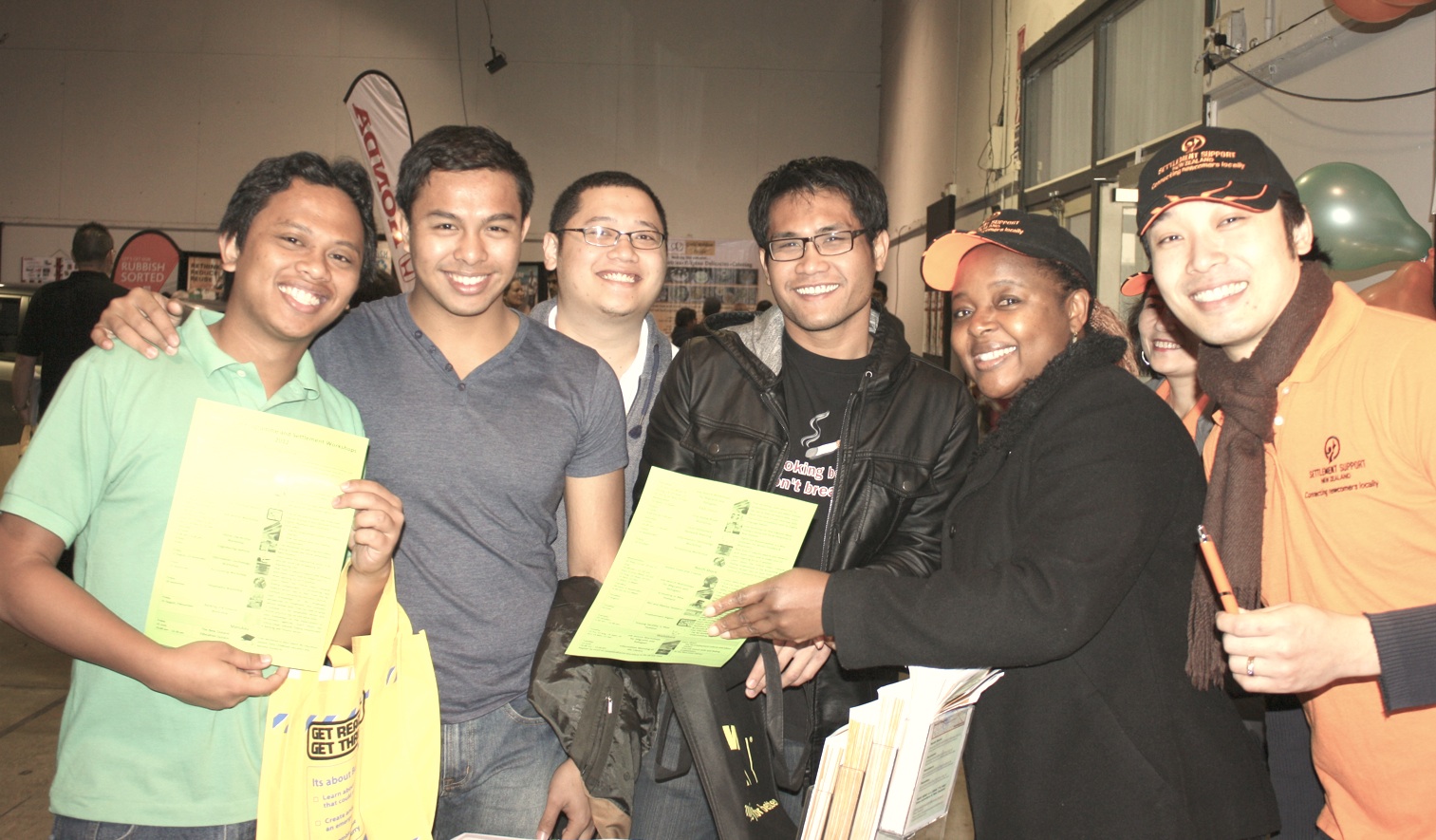
Our dreams for Aotearoa
•
‘Our Dream for Aoteaora’ is the theme of the Race Relations Day celebrations organised by Auckland Regional Migrant Services (ARMS) on the 21st of March. The one day event in New Zealand’s Auckland will explore the implications for migrants of the current review of NZ’s constitutional arrangements, abuse of employment…
-
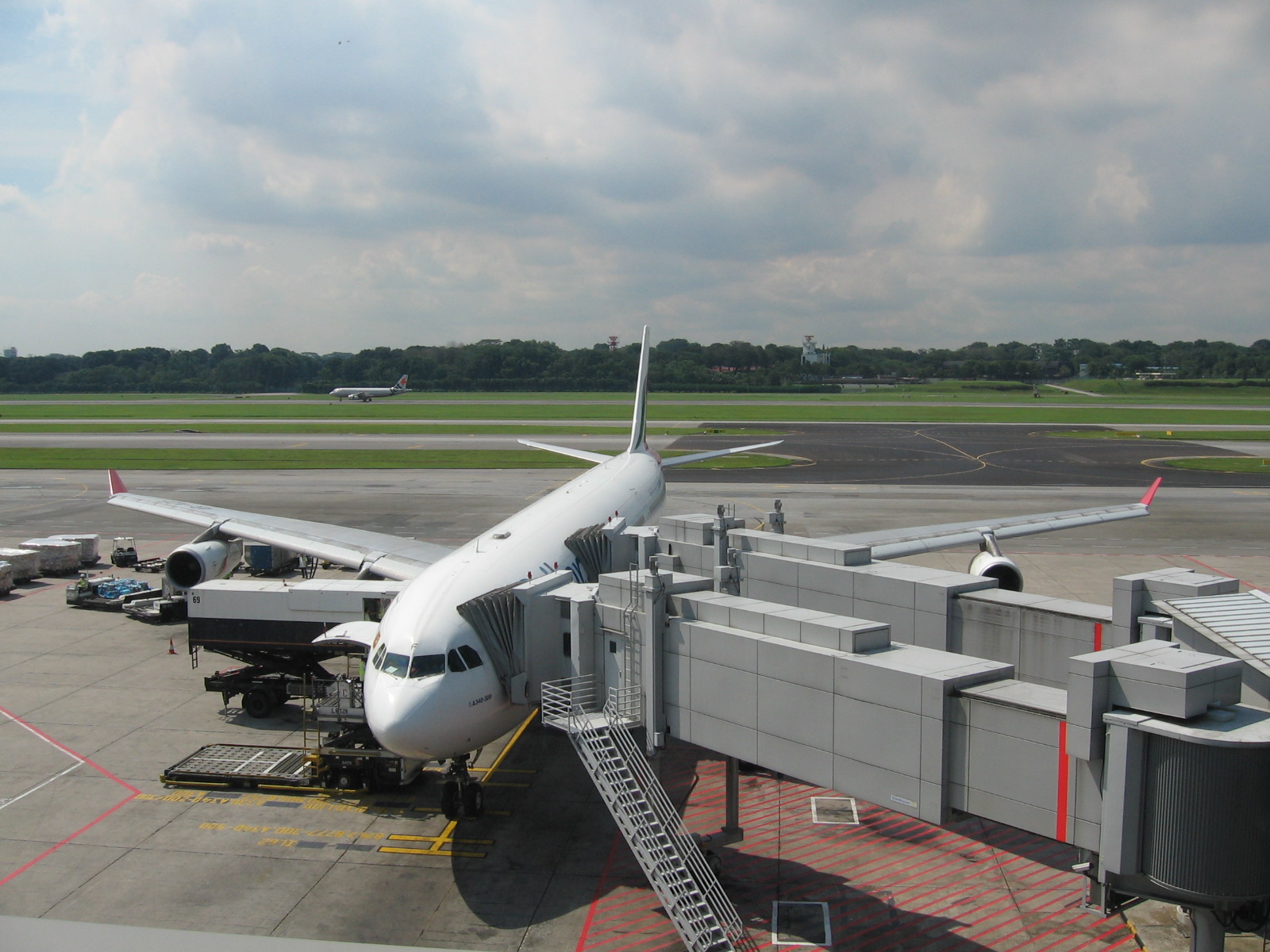
UK, NZ, OZ to share visa office in Singapore
•
Australian and New Zealand clients in Singapore will receive better access to immigration services through a new, first-of-a-kind visa centre from 25 March. Both countries’ immigration departments today announced details of the first Five Country Conference (FCC) shared visa application centre (VAC) there. Australia and New Zealand will share the…
-
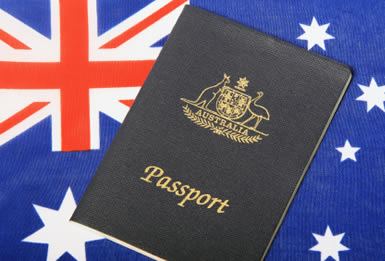
Australia Immigration to meet overstayers
•
Australia’s immigration officials will be visiting smaller cities in New South Wales, speaking to people who do not have a valid Australian visa and discuss with them any issues they might be facing. Australia’s Department of Immigration and Citizenship (DIAC) officers will visit south-west NSW from 18 to 21 March and…
-
What’s in a name? Everything, if you are a jobseeker
•
When university graduate Jorden Berkeley, 22, began applying for a job, she was surprised to have no responses. Born in the United Kingdom of Caribbean parentage, she never dreamed that her name might be a problem. But a careers adviser suggested that she begin using her more English-sounding middle name…
-
401(K) and IRA – should expats invest in retirement plans?
•
Many overseas Indians and expats settled in the United States of America face a common dilemma – should they invest in a 401(K) plan or an IRA (Individual Retirement Account). The confusion is more prominent among non-US citizens or those without permanent residence status in the US. Many Indians working…
-
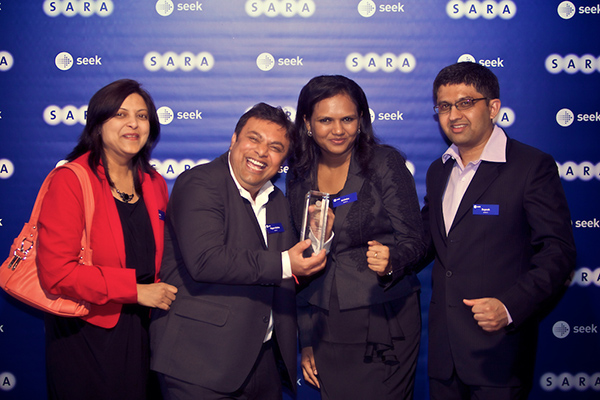
Indian recruiter wins IT award in NZ
•
RANN IT Recruitment won the coveted Seek Annual Recruitment Awards under the IT Recruitment – small category recently in Auckland. RANN – “Resource & Networking Needs†is a specialist IT Recruitment Company based in Auckland dedicated to both permanent and contract positions. RANN IT recruit across full IT spectrum from Technical Business IT and…
-

Why some people migrate, others don’t?
•
Does your personality make you more likely to migrate? A new study is exploring how personality characteristics influence not only whether someone will migrate, but where they choose to go, says Aidan Tabor, PhD candidate from the School of Psychology at New Zealand’s Victoria University of Wellington. Aidan moved to New Zealand from…
-

NZ signs joint initiatives with India
•
A New Zealand India Research Institute was one of five memoranda of understanding signed between New Zealand and Indian institutions. The other MoUs covered areas such as vocational training, joint research training, student exchanges and ICT. Collaboration and trade between New Zealand and India in the aviation sector is also…
-

Asian quota will be ‘insult to injury’ – activist
•
Providing reservation in jobs for Indians or Asians will be counter-productive, says a human rights activist in New Zealand. Anthony Ravlich, chairperson of Human Rights Council New Zealand (not to be confused with Human Rights Commission) says it is absurd that “New Zealand may now provide affirmative action (job reservations/quota) for perhaps its highest…
-
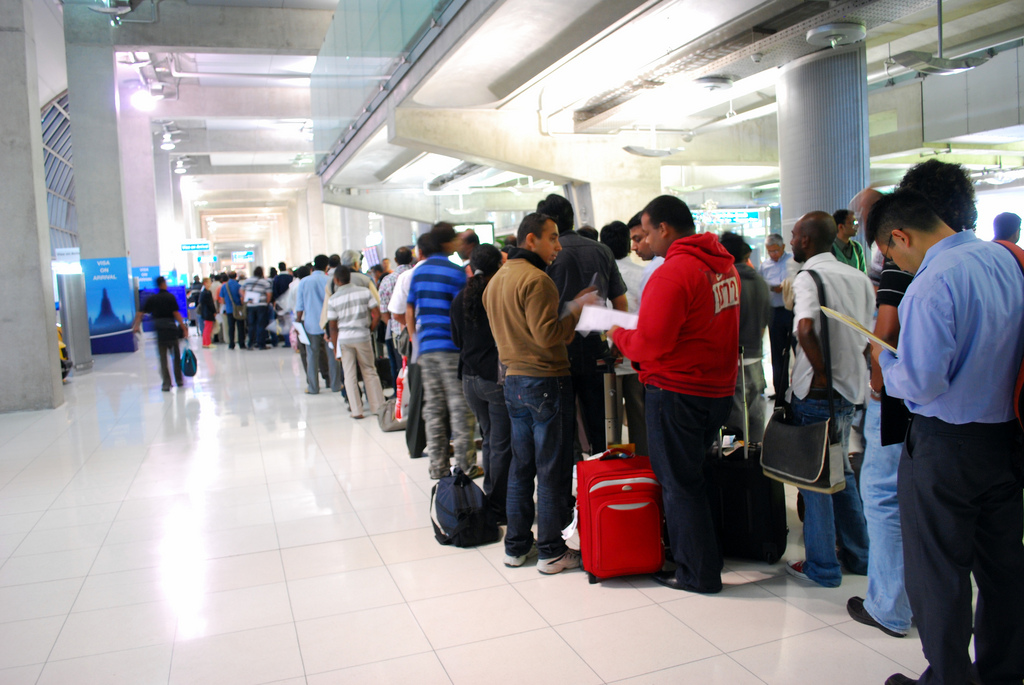
Immigration advisor fined $280,000
•
A former immigration adviser in New Zealand has been ordered to pay more than a quarter of a million dollars by a tribunal for “calculated†and “systematic dishonestyâ€. Glen William Standing must pay nearly $280,000 in refunds, penalties and compensation – the highest amount demanded from a single person by the Licensed Immigration Advisers…
-

UK council to thank Indians
•
A British council is planning to publicly thank Indian immigrants for their contribution to the economic recovery of the town. The town of Leicester in the United Kingdom, which was once hostile to receiving Indian immigrants from Uganda, is considering a motion to thank them publicly. Indian immigrants from Uganda…
-

Anglicizing names on CVs still common, says job support group
•
A community group that assists migrants in getting jobs says it does not encourage the use of anglicization or changing of names when applying for jobs. New Zealand’s Auckland Regional Migrant Services Trust (ARMS) works with many skilled migrants and refugees, the majority of which get “extremely good employment outcomes”,…
-

NZ gets first Asian police inspector
•
Rakesh Naidoo has become not only the first Indian police inspector, but also first Asian officer to be promoted to the rank of an inspector in the New Zealand Police. Commissioner Peter Marshall,says while Police is committed to the diversity of its staff, Rakesh had been promoted to Inspector purely…